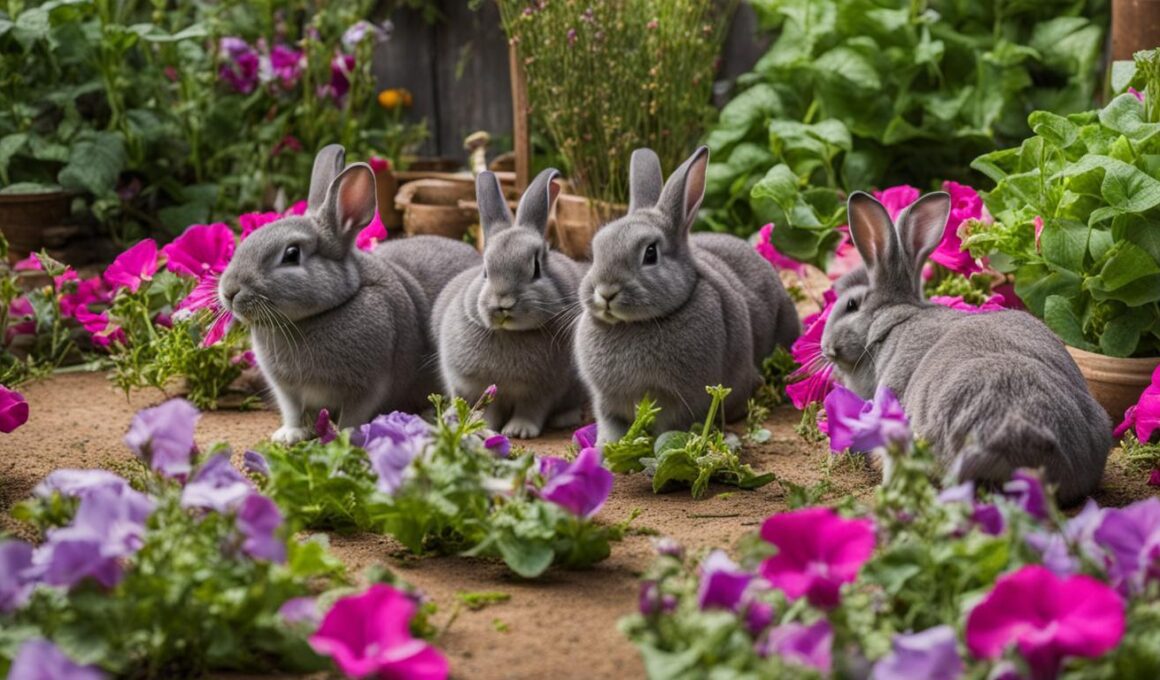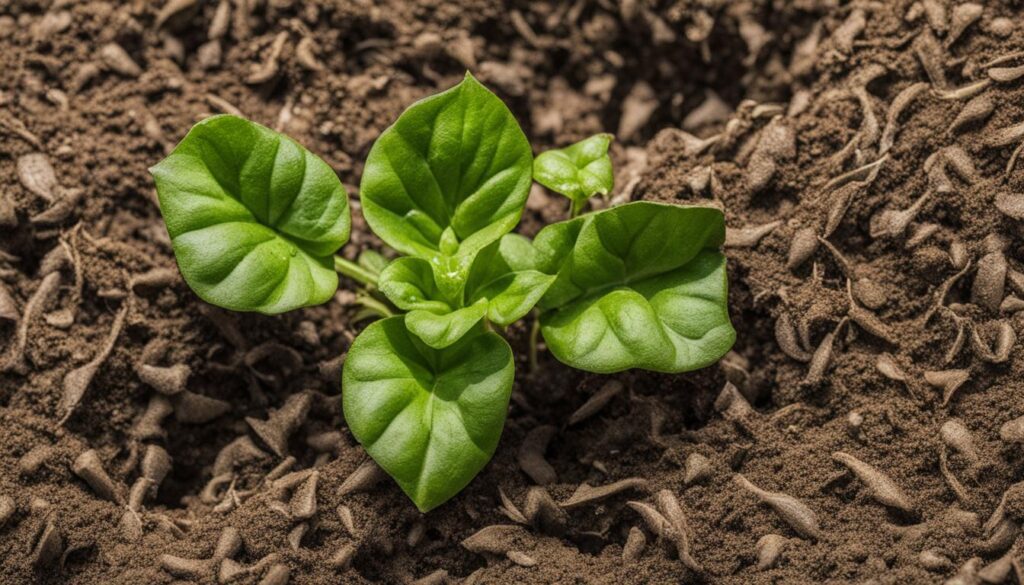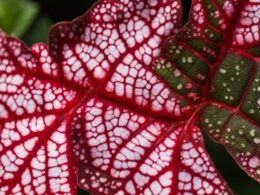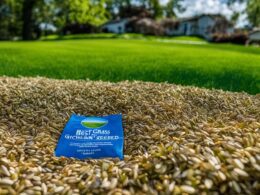Welcome to our comprehensive guide on protecting your garden from pesky rabbits! If you’ve ever wondered whether rabbits eat petunias or how to keep these furry intruders out of your garden, you’ve come to the right place. Rabbits can be a gardener’s nightmare, causing significant damage to your cherished plants. In this article, we’ll explore effective methods to safeguard your garden, including rabbit-resistant plants, fencing, scare tactics, and more.
So, do rabbits really eat petunias? The answer is yes! Petunias, along with lettuce, beans, and broccoli, are among the plants that rabbits find particularly enticing. Their nibbling can leave your garden looking ravaged, with chewed plants and clean-cut leaves. But fear not! By implementing some protective measures, you can ensure your garden thrives while keeping rabbits at bay.
We’ll begin by exploring the signs of rabbit activity in your garden. Identifying these signs will help you understand if rabbits are the culprits behind your plant damage. From there, we’ll delve into the various methods you can employ to protect your garden against these furry invaders. Whether it’s installing rabbit-proof fencing, utilizing scare tactics, or strategically selecting rabbit-resistant plants, we have you covered.
By the end of this guide, you’ll be equipped with the knowledge and tools to create a rabbit-resistant garden. So, let’s get started and ensure your petunias (and other beloved plants) stay safe from those mischievous rabbits!
Signs of Rabbit Activity in Your Garden
Rabbits are common pests that can wreak havoc on your garden. Although they are nocturnal feeders and may not be easily spotted, there are several telltale signs of their presence to look out for. By identifying these signs, you can take appropriate measures to protect your plants and vegetation.
If you suspect rabbits are frequenting your garden, look for the following signs:
- Rabbit droppings: Rabbit droppings are small, round pellets that resemble black peas. You may find them in small piles or scattered throughout your garden. These droppings are an obvious sign that rabbits have been feeding in your garden.
- Evidence of digging: Check for signs of digging, such as disturbed soil or small holes. Rabbits are known to dig burrows or shallow depressions in the ground for bedding down or hiding from predators.
- Chewed plants: Inspect your plants for evidence of chewing. When rabbits feed, they create clean cuts on plants, almost as if they have been trimmed with clippers. Young, tender shoots are particularly vulnerable to rabbit damage.
- Tufts of fur: Keep an eye out for tufts of fur caught on branches, fences, or buildings near your garden. These can indicate that rabbits have been active in the area.
If you find your plants disappearing overnight, especially young and tender shoots, it’s highly likely that rabbits are the culprits.
Now that you know the signs of rabbit activity, you can take appropriate steps to protect your garden from these persistent pests. In the next section, we will explore effective methods for safeguarding your plants and keeping rabbits at bay.
Protecting Your Garden Against Rabbits
When it comes to safeguarding your garden from rabbits, there are several effective methods you can employ. By implementing these strategies, you can create a rabbit-resistant environment that will help preserve the beauty and integrity of your precious plants.
Rabbit-Proof Fencing and Netting
One of the most reliable ways to keep rabbits out of your garden is by installing rabbit-proof fencing and netting. For young or small plants, laying chicken wire directly over them can provide effective protection. For larger plants, consider forming a cylinder with chicken wire to prevent rabbits from accessing them. Bird or deer netting is also a great option for seedlings or young plants.
Habitat Removal
Rabbits tend to seek shelter in brush piles, tall grass, and low-growing shrubs. By removing these habitats, you can make your garden less appealing to them. Regularly clear away any debris or vegetation that can serve as a hiding spot for rabbits, thus reducing their presence in your garden.
Scare Tactics for Rabbits
Scare tactics can be a temporary yet effective deterrent for rabbits. Some common scare tactics include using aluminum pie pans, fake owls, flashing lights, or ultrasonic devices. These devices can startle and discourage rabbits from entering your garden. However, it’s important to rotate these scare tactics regularly to prevent rabbits from becoming accustomed to them.
Repellents for Rabbits
Repellents can be a useful tool in warding off rabbits. There are two types of repellents you can utilize: those that release a repulsive odor and those that make plants taste bad. Look for commercially available repellents specifically designed for rabbits and follow the instructions for application. Remember to reapply repellents after rainfall or heavy watering to maintain their effectiveness.
Plant Selection to Deter Rabbits
Choosing plants that rabbits tend to avoid can be an effective way to deter them from your garden. Opt for rabbit-resistant vegetables, flowers, and herbs such as marigolds, lavender, rosemary, daffodils, and onions. These plants have natural properties that rabbits find unappetizing, making them less likely to be targeted.
To further enhance your understanding of these protection measures, refer to the image below, which illustrates rabbit-proof fencing in action:
By implementing a combination of these protective measures, you can create a garden environment that is less attractive to rabbits. Remember to regularly monitor and adjust your tactics as needed to ensure ongoing success in keeping these furry creatures at bay.
Conclusion
In conclusion, it is important to take measures to protect your garden from rabbits, as they have a tendency to eat petunias and other plants. By understanding the signs of rabbit activity and implementing various protection methods, you can effectively mitigate damage. Creating a rabbit-resistant garden involves a combination of strategies, including fencing, habitat removal, scare tactics, repellents, and selective plant selection.
To ensure the health and safety of your rabbits, it is crucial to provide them with a balanced diet consisting of grass or hay. Additionally, limiting the use of harmful chemicals in your garden can prevent any potential harm to these furry friends. By implementing these protection measures and creating a rabbit-friendly environment, you can enjoy a thriving garden without the worry of rabbits devouring your precious plants.
– Are Petunias and Roses Equally Harmful to Pets if Eaten?
Petunias and roses can pose a risk to cats eating roses. Both plants contain substances that can be harmful to pets if ingested. It is important to keep these flowers out of reach and to seek immediate veterinary care if you suspect your pet has consumed them.










